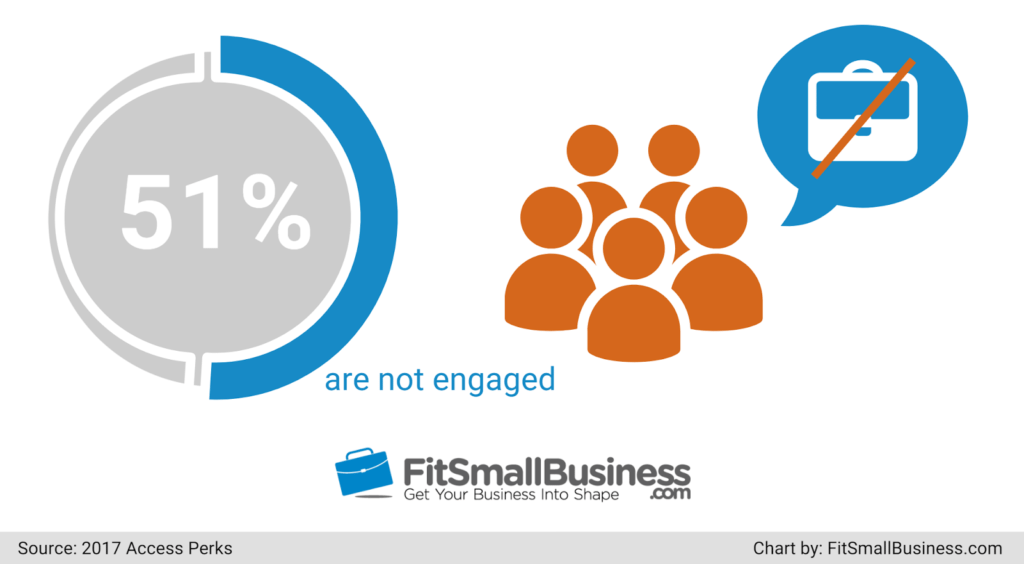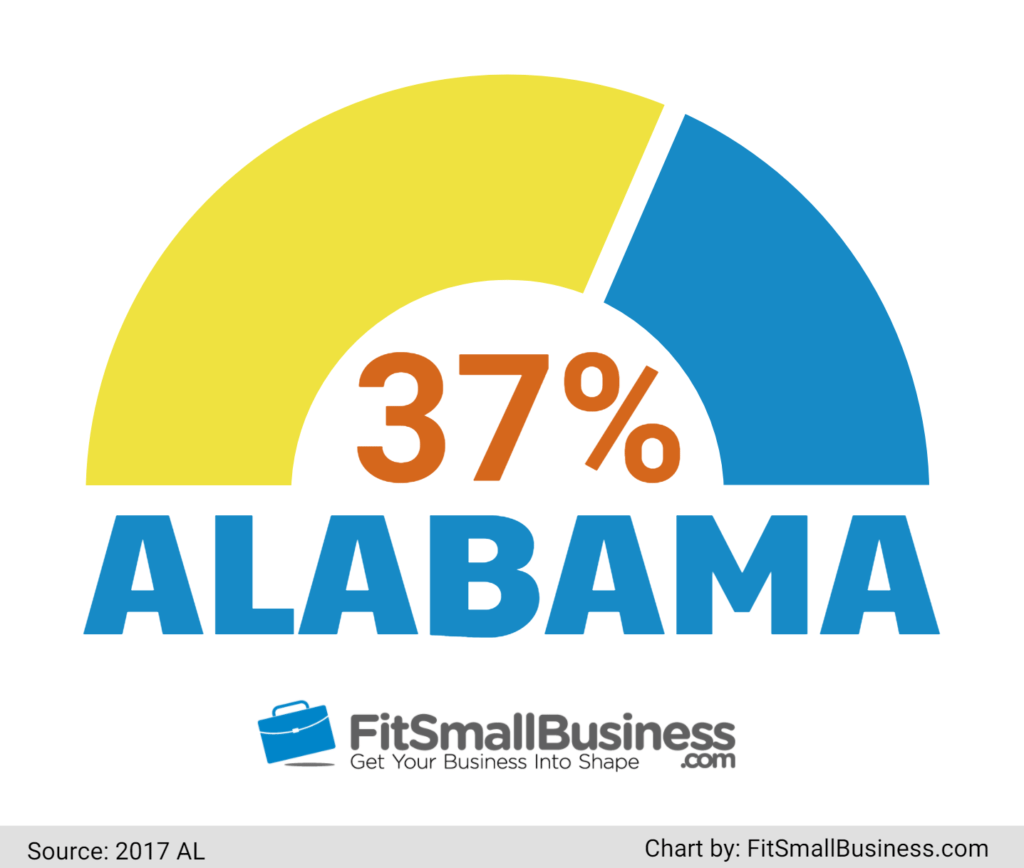Keeping employees engaged is critical for a company’s productivity and achievement. Actively engaged employees are committed to the company’s goals and are motivated to make donations. They deliver a nice air of excitement that fosters the team’s morale. Want to keep your employees participated? Listed below are 15 insightful worker engagement statistics which you should know.
1. What percent of the U.S. workforce is not engaged with their occupation ?
51 percent of the country’s workforce isn’t engaged. (Source: accessibility Perks 2017)

2. How much money do actively disengaged employees cost the country?
Actively disengaged employees are costing the U.S. $450 — $550 billion annually in lost productivity. (Source: HR Dive 2017)
3. What is the difference in performance between companies with engaged employees and businesses with low employee engagement?
Organizations with engaged employees outperform those with reduced worker engagement by a whopping 202%. (Resource: Business2Community 2016)
4. What percentage of engaged employees are looking for opportunities? What about for disengaged and actively disengaged workers?
37% of engaged workers are hunting for jobs or searching for opportunities. 56% of disengaged and 73% of actively disengaged employees are seeking new jobs. (Source: Gallup 2017)
5. What percentage of companies think of engagement as a top challenge?
36 percent of businesses see engagement as their number one challenge before worker retention/turnover, recruitment, succession planning, culture direction and operation management. (Source: GloboForce 2016)
6. Which state has the highest proportion of engaged employees?
37 percent of Alabama’s workforce is classified as engaged which is the highest proportion of any nation surveyed. (Source: AL 2017)

7. What percent of employees are engaged with their job if their duties are aligned with the organization’s values and mission?
Eight out of 10 employees felt more engaged when their work was consistent with the core values and mission of the company. (Source: IBM 2017)
8. What would be the three drivers of employee participation and how do they impact employee engagement?
The primary drivers of employee participation are:
- Relationship with direct manager: 8 out of 10 employees dissatisfied with the lead supervisor were disengaged.
- Belief in senior leadership: 7 out of 10 employees who were not confident in the skills of senior leadership were not fully engaged.
- Pride for working for your business: Approximately 5 from 10 workers who take pride for their organization’s contributions to society were engaged. (Source: Dale Carnegie 2017)
9. What percent of senior managers have passion for their tasks?
Only 20 percent of senior managers are enthusiastic about their work. (Source: Office Vibe 2016)

10. If a company puts more money in employee participation, will they see a return on investment?
Most likely, as raising the worker engagement budget by 10% can raise earnings by $2,400 per employee annually. (Resource: Inc 2016)
11. Will companies see enhanced engagement if workers were allowed to work from home?
Yes, as workers working remotely 60 — 80 percent of the time are 11% more engaged than their counterparts that never operate from home. (Source: Quartz 2017)
12. Should managers consciously make an effort to recognize employee efforts?
Yes, roughly 7 out of 10 workers claim they’d work harder if they believe their efforts have been recognized. (Resource: LinkedIn 2016)
13. What percentage of businesses are looking to enhance employee engagement this past year?
88% of companies plan to enhance employee engagement in 2017. (Source: Virgin Pulse 2017)

14. How frequently do highly engaged employees get comments?
43% of highly engaged employees receive feedback at least once every week. (Supply: ClearCompany 2016). For comprehensive feedback, think about a 360 degree review process.
15. What percent of workers see empowerment as key for their engagement?
70% of workers surveyed prioritized being empowered to take actions at work when an problem or opportunity presents itself as a very important part of their participation. (Source: SHRM 2016)
Bottom Line
These worker participation statistics should help you understand how to keep your staff motivated and productive. It might also inspire you to perform more worker appreciation and recognition or invest in HR tools. What are your thoughts on these figures and the way to improve engagement in your business? Tell us in the comments section.

